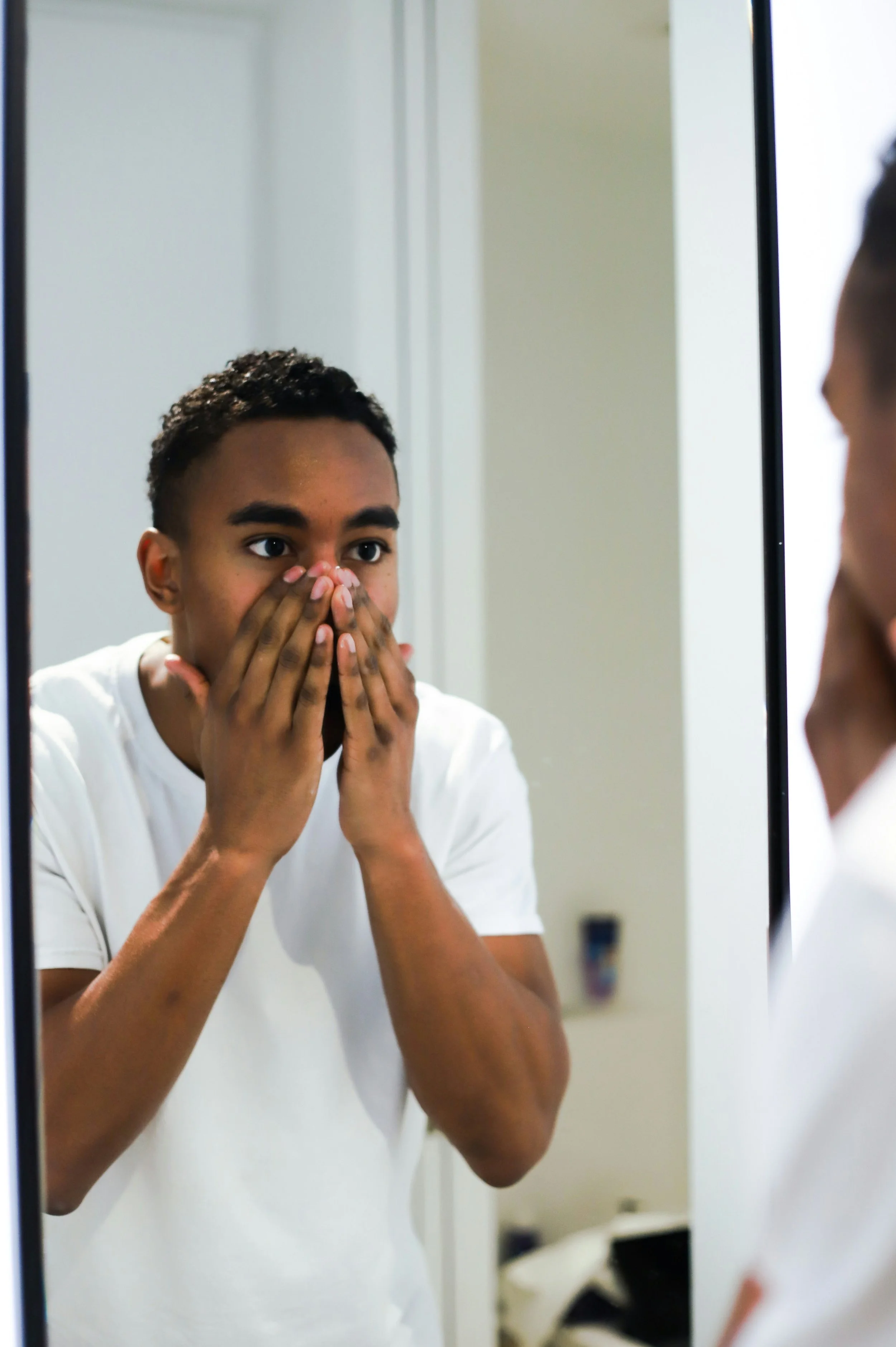How Do I Stop Having Sex with My Boyfriend, Girlfriend, or Fiancé If We’ve Already Done It?
Can I Date a Non-Believer?
Should I Cut Communication After a Breakup?
What Does the Bible Say About Sex Before Marriage?
When Should I Share My Sexual History with the Person I’m Dating? (And How to Do It Well)
How Can I Practice Healthy Physical Affection Without Tipping Into Lust?
How to Build Trust, Intimacy, and Connection in a Dating Relationship

We’ve Gone Too Far—How Do We Get Back on Track?

Does Age Really Matter in Dating?

How Do I Know If I’m Ready to Date?

How Do I Know If They’re “The One”?

